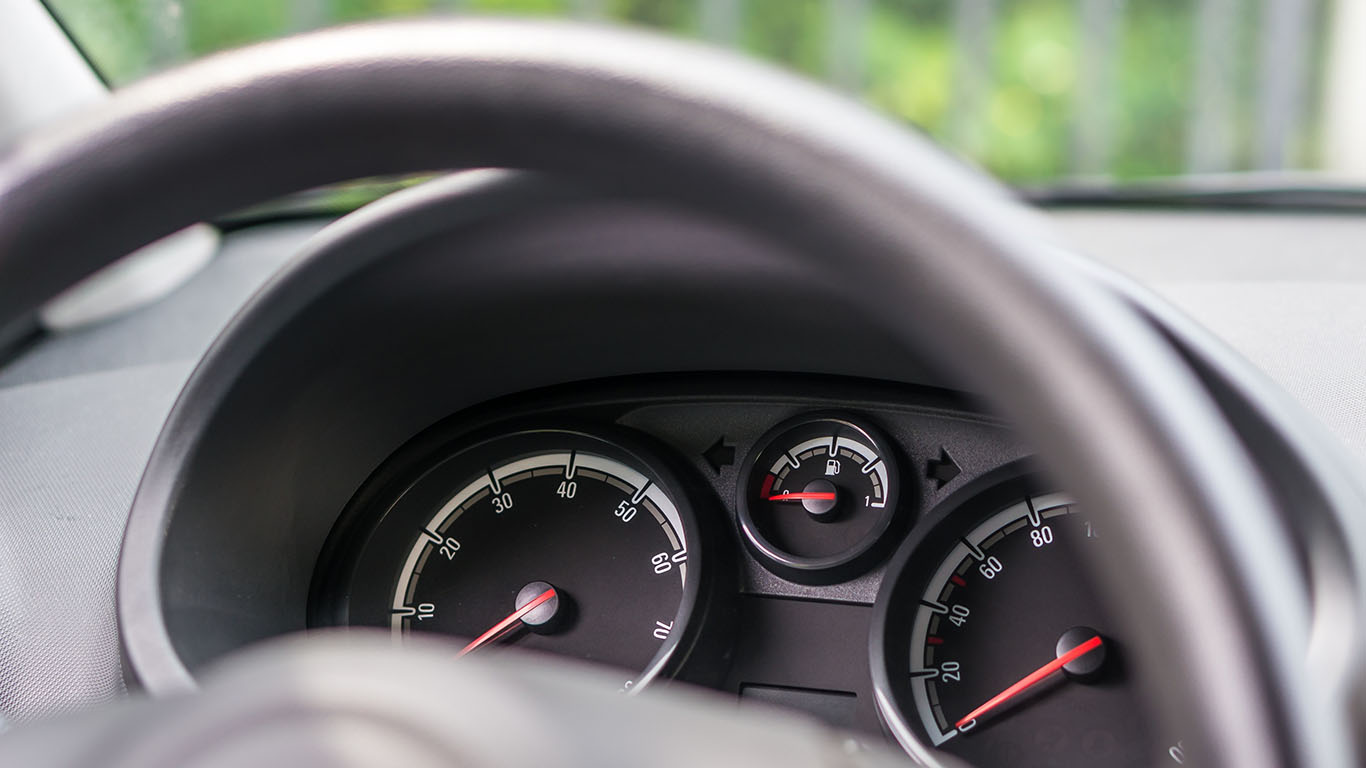As fuel tax revenues began to decline, the Legislature, in 2001 created the Road User Fee Task Force. The Task Force comprised of legislators, transportation commissioners, local elected officials, and citizens was charged with exploring sustainable funding options for Oregon’s transportation system.
At the top of the issues list for the Task Force was finding user-pay solutions. After examining two pilot programs, OReGO, the nation’s first road usage charge program was created. The voluntary program launched in 2015 is limited to 5,000 cars and light duty commercial vehicles and charges program participants a 1.7 cents per-mile for miles driven and awards a 34 cents per gallon credit for fuel tax paid at the pump.
Association of Oregon Counties (AOC) County Roads Program Manager Brian Worley said of the program, “With the insurgence of electric vehicles, more fuel efficient vehicles, and rising costs of road maintenance, preservation, and new projects, the fuel tax is becoming a less reliable resource to fund infrastructure in Oregon. Both counties and the state serve to benefit from a program like OReGO. It provides a creative solution to a complicated problem, and many other states are following suit as they seek to solve their own challenges with the gas tax.”
Representative John Lively, Task Force member introduced House Bill 2881 to make several technical policy changes to OReGO, including replacing the per mile fee with a formula equal to five percent of the state’s per gallon gas tax, in order to keep current with fuel tax changes. The bill would also remove the cap and vehicle class restrictions from the program to make the program more accessible and prepare the state for more changing fleets and efficiencies. The bill received a public hearing in March and remains alive in the Joint Committee on Transportation.
Continued discussions are also occurring in the Task Force. At its April 12 meeting, the Task Force examined current program challenges and opportunities. The state is exploring a tri-state interoperability road user charge between Oregon, Washington, and California to allow ease of use to program users who may frequently cross borderlines. It’s not just Oregon and neighboring states that are engaging in a road user charge. At the national level, federal FAST Act grants ($95 million over five years) are incentivizing states to develop similar alternative funding options to address the rising costs and falling revenue. Oregon is serving as the model for grant recipients.
AOC continues to advocate for equitable solutions that result in revenue sufficient for counties to maintain, preserve, and improve the county road system and will continue to be engaged in this and related discussions at the Task Force and in the Legislature.
Contributed by: Megan Chuinard | Public Affairs Associate
